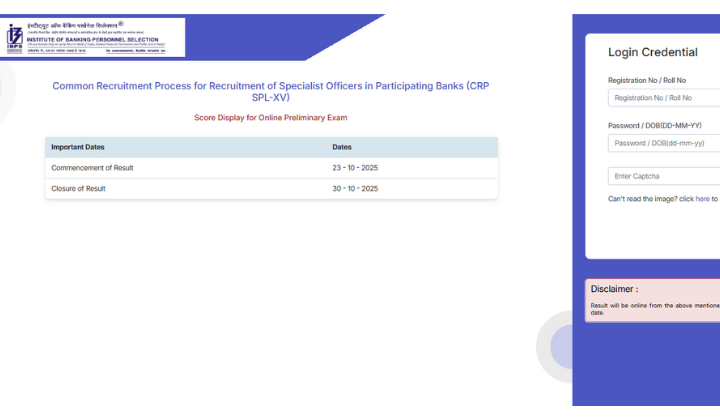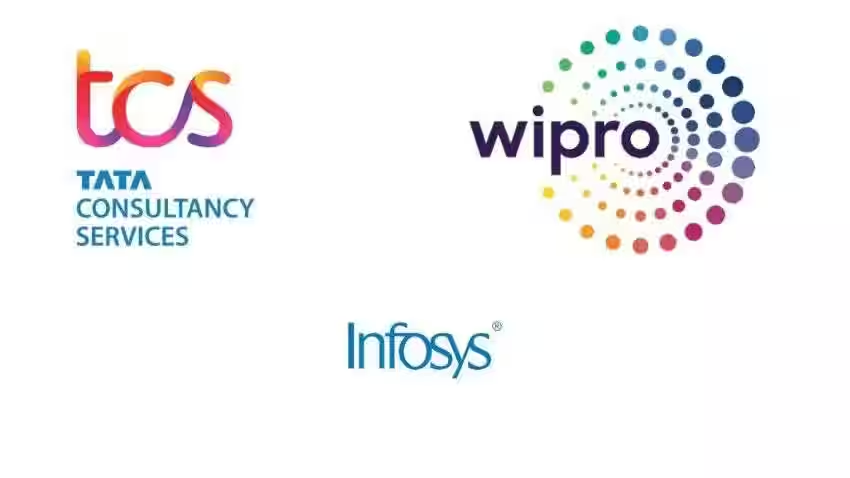Now Reading: Zerodha’s Nikhil Kamath Says Future Jobs Won’t Need Degrees—Just One Skill Will Decide Your Career
-
01
Zerodha’s Nikhil Kamath Says Future Jobs Won’t Need Degrees—Just One Skill Will Decide Your Career
Zerodha’s Nikhil Kamath Says Future Jobs Won’t Need Degrees—Just One Skill Will Decide Your Career

Zerodha co-founder Nikhil Kamath has sparked a nationwide debate after stating that traditional four-year college degrees may become irrelevant in the next decade. According to him, the future job market will be driven by just one key skill: adaptability. His comments come at a time when students and parents across India—especially in Tier 2 cities—are questioning the real-world value of expensive college education.
Kamath’s Take on the Education Shift
Speaking at a recent event, Kamath emphasized that rapid advancements in technology and evolving workplace demands are reshaping what employers truly value. Instead of focusing on degrees, he believes companies will look for individuals who can continuously learn, unlearn, and adapt to new skills.
He highlighted how traditional college systems often lag behind industry needs, leaving graduates with knowledge that may already be outdated by the time they enter the workforce.
The Role of AI and Automation
Kamath’s prediction comes at a time when artificial intelligence, automation, and digital platforms are transforming how businesses operate. From coding to content creation, tasks once requiring deep specialization are now being handled by tools or learned in weeks via online platforms. This has opened doors for many self-learners without formal degrees to compete for jobs and freelance opportunities.
Relevance to India’s Tier 2 Cities
In cities like Jaipur, Bhopal, and Vadodara, where students often aim for engineering, MBA, or medical degrees, Kamath’s views challenge long-held beliefs about career security. These regions are seeing a surge in affordable online courses, digital entrepreneurship, and youth opting for alternative career paths.
Parents, however, still place high trust in degrees. Bridging this mindset gap may take time, but the trend is slowly shifting as success stories of non-traditional learners grow.
Skill Over Certificate: A New Hiring Trend
Many Indian startups and even MNCs have already begun prioritising skills over formal qualifications. Companies now conduct skill-based assessments, hire via hackathons, or assign real-time project tests to judge a candidate’s capability.
Kamath’s message isn’t about rejecting education altogether—it’s about reshaping it to be more relevant, flexible, and practical for real-world challenges.
Conclusion
Nikhil Kamath’s bold prediction reflects the changing pulse of the global and Indian job market. As technology continues to evolve, so must our approach to learning and career building. For students, professionals, and educators across India’s smaller cities, this may be the right time to rethink the path from classroom to career—not by abandoning education, but by embracing learning that never stops.
























